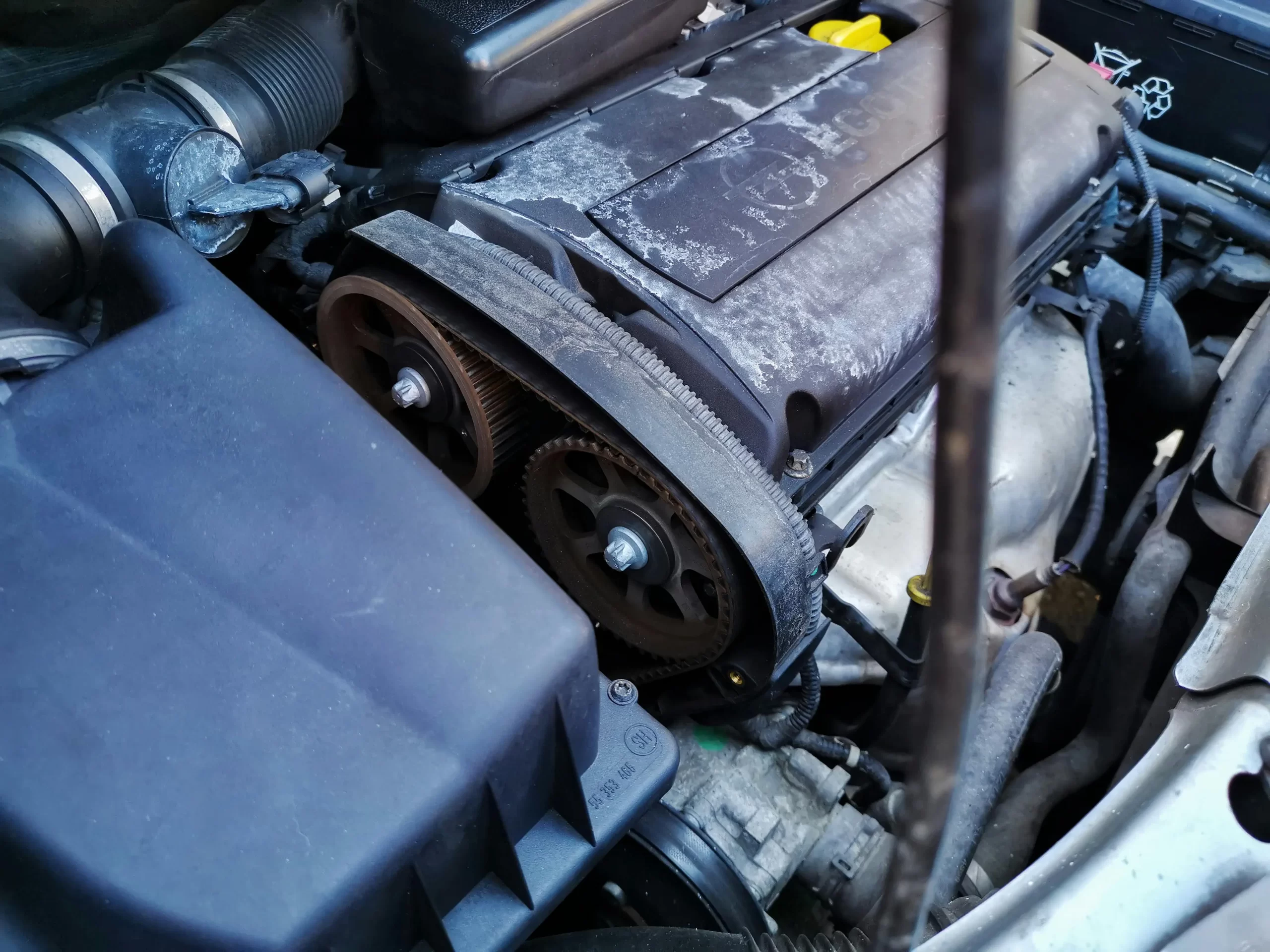
Your vehicle speaks to you — not with words, but with sounds. Paying close attention to unusual engine noises can save you from expensive repairs and potential breakdowns. In this guide, we break down some of the most common engine noises — knocking, squealing, and hissing — and explain what they might mean for your vehicle’s health.
1. Engine Knocking
What It Sounds Like: A rhythmic tapping or knocking sound, especially noticeable when accelerating.
Possible Causes:
- Incorrect fuel octane: Using fuel with too low an octane rating can cause pre-ignition or “engine knock.”
- Worn engine parts: Problems like worn bearings, pistons, or connecting rods can produce knocking sounds.
- Timing issues: Incorrect engine timing can also lead to knocking.
What to Do: If you hear knocking, do not ignore it. Start by checking your fuel quality. If the problem persists, consult a mechanic immediately to prevent serious engine damage.
2. Squealing Under the Hood
What It Sounds Like: A high-pitched squeal, often heard when starting the car or during acceleration.
Possible Causes:
- Worn serpentine belt: The serpentine belt powers many engine accessories, and a worn or loose belt can squeal.
- Faulty belt tensioner: If the belt tensioner is weak, the belt may slip and squeal.
- Worn brake pads: Sometimes, a squealing noise comes from the brakes rather than the engine, signaling it’s time for new pads.
What to Do: Have your belts inspected and replaced if necessary. Ignoring a squealing belt can lead to a sudden breakdown of vital systems like power steering or air conditioning.
3. Hissing Noises
What It Sounds Like: A continuous or intermittent hissing, especially noticeable when the engine is hot.
Possible Causes:
- Coolant leak: Hissing could indicate coolant escaping from the radiator, hoses, or engine block.
- Vacuum leak: A leaking vacuum hose can cause a hissing sound and negatively affect engine performance.
- Overheating: Overheating engines can produce hissing as coolant boils over.
What to Do: If you hear hissing, open the hood carefully after the engine cools down. Look for visible leaks or broken hoses. If unsure, have a professional diagnose and fix the issue before it leads to major overheating or engine failure.
Why You Should Never Ignore Engine Noises
Strange engine sounds are your car’s way of warning you that something is wrong. Ignoring them can lead to:
- Higher repair costs
- Sudden breakdowns
- Decreased vehicle lifespan
- Safety hazards while driving
Catching and fixing small issues early can save you money and stress down the road.
Final Thoughts
Recognizing and understanding common engine noises like knocking, squealing, and hissing can help you maintain your vehicle’s health and performance. At the first sign of unusual sounds, take action — whether that means topping up fluids, tightening a belt, or visiting your trusted mechanic.
Stay proactive, stay safe, and keep your car running smoothly.






Leave a Reply